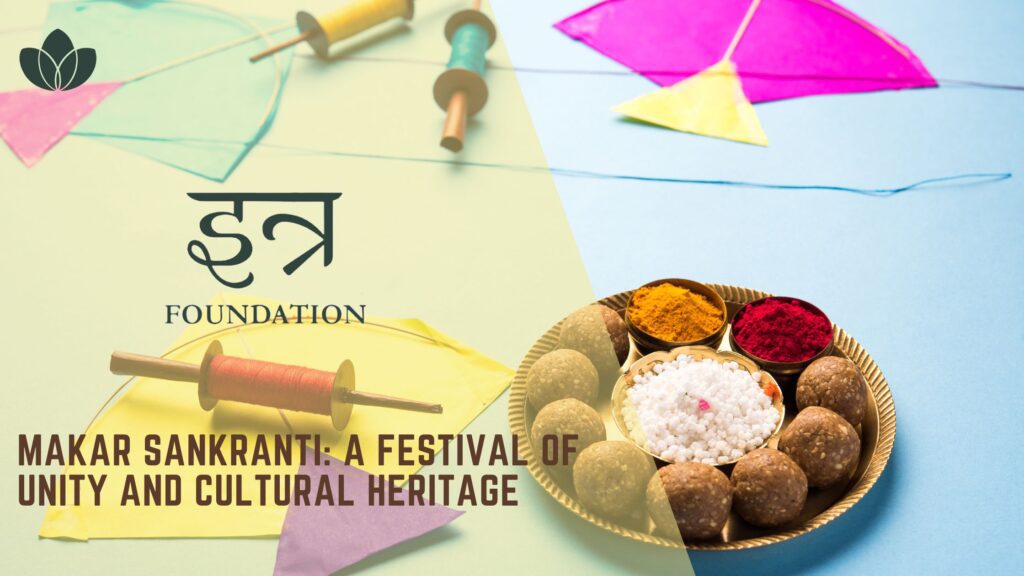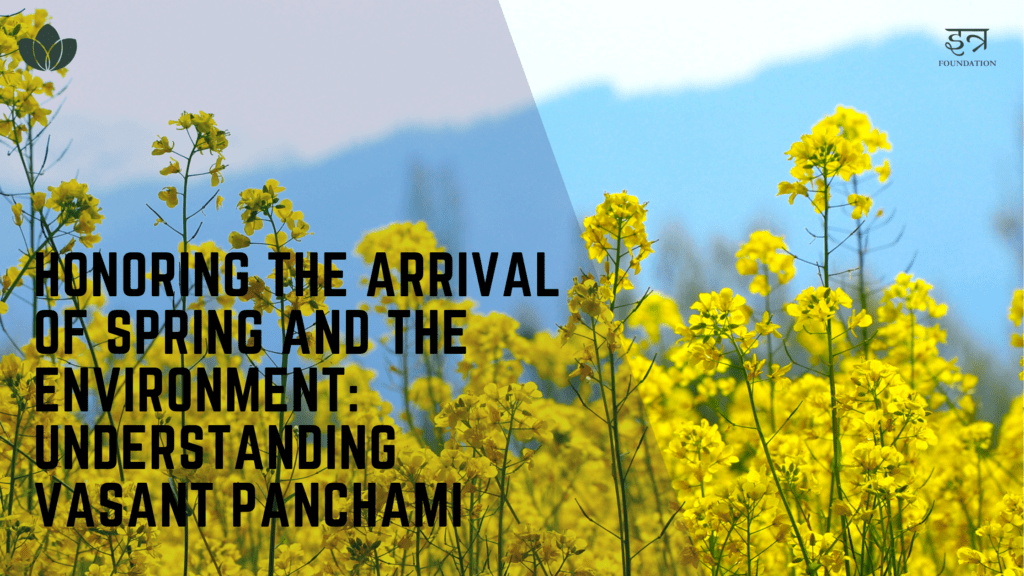Magh Purnima is a Hindu festival that is celebrated in the Hindu month of Magh, which falls in the month of January or February in the Gregorian calendar.
Importance of Magh Purnima in Hindu Culture: Magh Purnima is an important festival in Hindu culture and is celebrated with great enthusiasm and devotion by Hindus all over the world. It is believed to bring good luck and blessings and is a time for coming together with family and friends to celebrate and give thanks for the blessings in life.
The History and Origin of Magh Purnima

Mythological Origins of Magh Purnima: According to Hindu mythology, Magh Purnima is associated with the story of Lord Vishnu, who is said to have taken a bath in the sacred waters of the Ganges River on this day. This event is said to have purged the world of all its sins, and it is believed that anyone who takes a bath in the Ganges River on Magh Purnima will be blessed with good luck and prosperity.
Historical Significance of Magh Purnima: Magh Purnima has been celebrated for thousands of years in Hindu culture, and is considered to be one of the most important festivals of the Hindu calendar. It is believed to be a time of spiritual renewal and growth and is celebrated with great devotion and enthusiasm by Hindus all over the world.
Evolution of Magh Purnima Celebrations Over Time: Over the centuries, the celebrations of Magh Purnima have evolved and changed in different ways. However, the core beliefs and traditions of the festival remain the same and it is still celebrated with great enthusiasm and devotion by Hindus all over the world.
The Significance and Traditions of Magh Purnima
Religious Significance of Magh Purnima: Magh Purnima is considered to be an extremely auspicious and spiritual time and is believed to bring blessings and good luck to those who celebrate it. It is a time for self-reflection and spiritual growth and is an opportunity to connect with the divine and seek blessings and guidance.
Importance of Magh Purnima in Hindu Festivals: Magh Purnima is an important festival in Hindu culture, and is considered to be one of the most significant festivals of the Hindu calendar. It is celebrated with great enthusiasm and devotion by Hindus all over the world and is a time for coming together with family and friends to celebrate and give thanks for the blessings in life.
Magh Purnima Celebrations Around the World
 Though it is a Hindu festival celebrated across India but other countries with a large Hindu population, including Nepal, Bangladesh, and Bhutan also celebrate it with joy. The festival takes place on the full moon day of the Hindu month of Magh (January/February) and is associated with several legends and beliefs. In some regions, Magh Purnima is celebrated as the birth anniversary of Sage Vasishtha, a revered Hindu sage and one of the seven rishis in Hindu mythology. In other regions, it is celebrated as the day when Lord Vishnu, the Hindu deity of preservation, took a nap on a bed of serpents and emerged from it to start a new cycle of creation.
Though it is a Hindu festival celebrated across India but other countries with a large Hindu population, including Nepal, Bangladesh, and Bhutan also celebrate it with joy. The festival takes place on the full moon day of the Hindu month of Magh (January/February) and is associated with several legends and beliefs. In some regions, Magh Purnima is celebrated as the birth anniversary of Sage Vasishtha, a revered Hindu sage and one of the seven rishis in Hindu mythology. In other regions, it is celebrated as the day when Lord Vishnu, the Hindu deity of preservation, took a nap on a bed of serpents and emerged from it to start a new cycle of creation.
- On Magh Purnima, devotees take a holy bath in rivers, especially the Ganges and offer prayers at temples. In some parts of India, people also fast for the whole day and perform religious rituals to purify their souls. Many pilgrims also visit the birthplace of Lord Buddha, Lumbini, in Nepal to pay their respects to the founder of Buddhism. Additionally, the festival is also observed by Buddhists as the day of Enlightenment, when Lord Buddha achieved supreme knowledge and wisdom.
- Common Traditions and Celebrations During Magh Purnima: Magh Purnima is celebrated in different ways in different parts of the world, but there are some common traditions and celebrations that are observed during the festival. These include taking a bath in the Ganges River, performing puja (prayers) and offerings, fasting and celebrating with family and friends.
The Health and Environmental Benefits of Magh Purnima Celebrations

The Role of Magh Purnima in Physical and Mental Health Magh Purnima celebrations have been shown to have positive impacts on physical and mental health. For example, taking a holy bath in a river, lake, or ocean can have beneficial effects on the body, as it is believed to help purify the body and mind. Additionally, fasting on this day can help improve digestion and boost the immune system, and participating in devotional activities can help reduce stress and promote a sense of inner peace and calm.
Environmental Benefits of Magh Purnima Celebrations Magh Purnima celebrations can also have a positive impact on the environment. For example, the act of taking a holy bath in a river, lake, or ocean can help promote the cleanliness and preservation of these natural resources. Additionally, the tradition of offering food and sweets to Lord Vishnu can also help reduce waste, as leftovers are often shared among the community, reducing the amount of food that goes to waste. Overall, the environmental impact of Magh Purnima celebrations is minimal, making it an environmentally friendly festival.
It is important to continue celebrating and keeping the traditions of Magh Purnima alive, not just for the benefits it provides to individuals, but also for the rich cultural and religious heritage it represents. Let us celebrate Magh Purnima with joy, devotion and respect for its timeless traditions and teachings.





